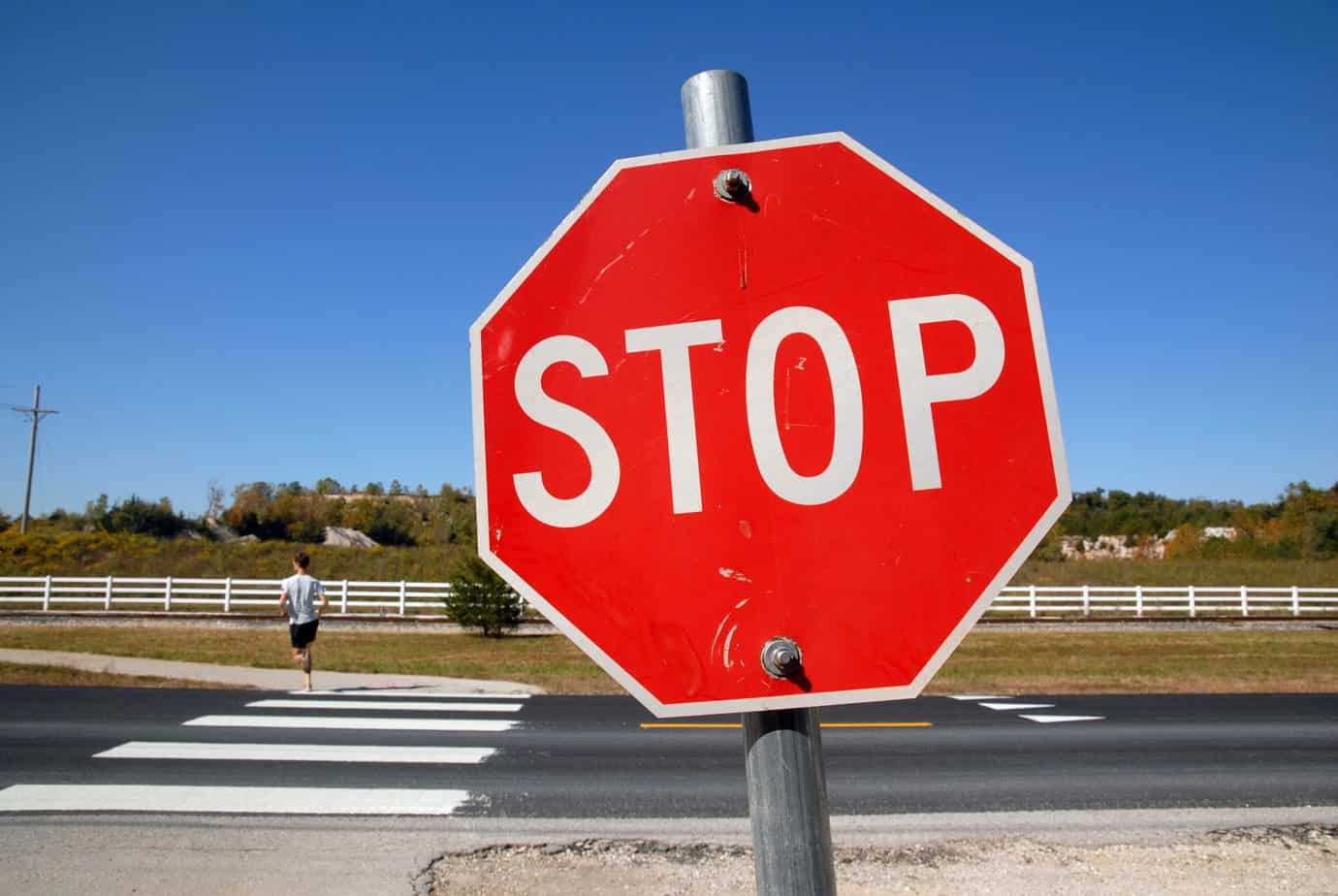


For the last several days, a group of Republican legislators have been holding semi-secret 7 a.m. meetings to solve the question of how to pump more money into Idaho’s highways and bridges. They’re racing the clock to develop a plan that could win support of the House and Senate and then signed into law. They’re racing the clock because lawmakers still hope to go home by next Friday.
But it doesn’t take 7 a.m. meetings to fix what ails the state’s highways and bridges. Rep. Stephen Harris of Meridian has the best plan of all the plans that have been submitted thus far. Harris’ proposal simply calls for the Legislature to clamp down on current programmatic spending starting next summer. By clamping down on spending, the state would free up the new tax revenue that comes into the state through economic growth, and that freed up money could then be plowed into highways and bridges.
[Tweet "Austerity is not necessarily this Legislature’s strong suit. - @WayneHoff"]
Think of it the way you do your family’s budget: If your boss gives you a raise, you could always take that new money to get the latest and greatest electronic gadget, or you could use that money to pay off debts or fix your car.
Similarly, Harris’ proposal, requiring a year of austerity, would boost the state’s investment in transportation by $120 million, or close to 50 percent.
But austerity is not necessarily this Legislature’s strong suit. In the coming budget year alone, there’s expected to be about $160 million in fresh cash available—for anything from existing state government programs to, you guessed it, highways and bridges.
However, much of that money is spoken for in Gov. Butch Otter’s budget, albeit not for roads. And lawmakers don’t appear to be doing much to deviate from Otter’s budget proposal. Still, Harris’ proposal doesn’t call for the spending sacrifices to take place until July 2016.
About 25 House members have agreed to co-sponsor the Harris proposal. Still, there’s not yet been a hearing planned for the Harris proposal. And even still, no senators have signed onto the Harris plan, making its future highly doubtful, even though the state Senate, like its House counterpart, is controlled by Republicans.
The lack of support has left legislators gravitating to the usual standbys—proposals that raise differing assortments of gas and diesel taxes and vehicle registration fees in differing quantities and configurations. Harris’ option is preferred.
But another acceptable plan would raise fuel taxes while making dramatic cuts in other taxes thus to have no impact on Idahoans’ bottom line. That type of approach has been discussed, but so far hasn’t been introduced.
Republican lawmakers occupy 80 percent of the seats in the Legislature and hold every constitutional office and all four congressional seats. It would seem as though the voters have been communicating something to lawmakers in their support for people who campaign with taglines that proclaim adherence to “limited government” and “conservative principles.”
Idaho lawmakers clearly have a mandate to govern as conservatives. They clearly have a mandate to pass legislation like the bill that Harris proposes, or an alternative bill that funds highway repairs without increasing the tax burden on Idahoans.
It seems as though the real meeting to decide how to solve our highway and problem was held last November. Further additional deliberations about how to proceed are not necessary.


